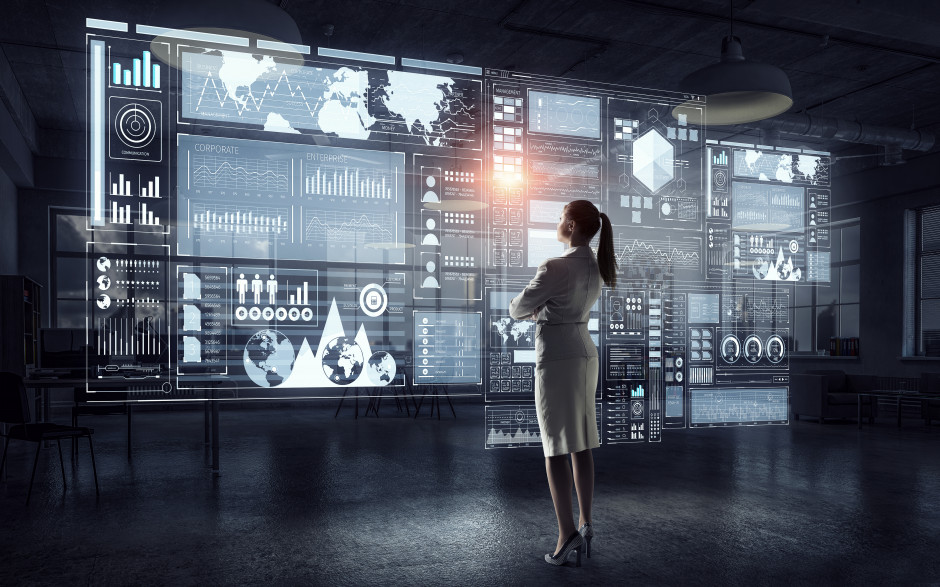How can technology change the industry?
The fourth industrial revolution will have an impact on many sectors beyond the construction sector, and will require legislators, educators, investors and workers to adapt.
which statement describes a key effect of technology?
Changing industry
The technological revolution will bring about change throughout the industrial landscape. This change will not be uniform. These differences are clearly highlighted in a recent study by Epson, which explores the workplace from 2025 onwards.
We interviewed 17 leading tech-savvy experts in European industry and then surveyed more than 7,000 business leaders and employees in Europe to find out how knowledgeable they are and their perceptions of them. trends, as well as their predictions as to the influence that these trends will have on them.
When we talk about an industrial revolution, we are thinking of machines that bring about change in the implementation of innovations in the construction sector. Perceptions of the new (fourth industrial) revolution are no different. European workers have clearly identified the automotive sector and industrial construction as sectors that are expected to have the greatest impact. But revolution is not just about machines.
Change in regulations
The point at which this revolution differs from those of the past is that it will appear in a wider environment. The modern European industrial landscape is guided by interconnected regulations and these regulations will have a significant impact on tomorrow’s change.
Our survey shows that 73% of European workers believe that new technologies will bring more norms and laws in terms of their responsibilities and operating practices. At this point the modern revolution can be significantly different from the past, as industries such as healthcare are adapting to a far more compelling, consequent regulatory landscape. At this point, too, government agencies could offer the most important, industry-specific, impact on technology.
Change depending on the sector
The different impact of technology in each sector is a key element of Epson’s research. We explored five key areas: health, retail, construction, education, and the corporate world. It is clear that, despite the impressive benefits they derive from technology, these industries will face similar challenges to the effective application of new technologies in the workplace.
In the field of retail, our research has shown that consumers are significantly influenced by the way products are purchased and produced, with 3D printing creating an environment of local and customized production. Big Data and wearable technology will further facilitate the transition to a world where retailers will not supply the products themselves, but will offer consumers printing licenses, at home or elsewhere.
In the construction industry, this change in purchasing behavior will significantly affect the way goods are produced internationally. This sector is distinguished by a refreshingly positive outlook on the future, despite the fact that it recognizes that the conventional construction model that has been established will change completely.
In the health sector, the role of data is democratizing personal care. It will give patients the opportunity for diagnosis and preventive care in their own home, to an extent we have never experienced before. However, as noted earlier, regulatory environments can significantly affect the success of this point.
Read also: how much do fashion designers make
Adaptation in different areas
Although the direct impact in different sectors may differ, there will be a common need for industries to make a positive adjustment to the new data. The European Union’s 2016 report on the future of work 1 highlights the continuing nature of this change, but also the vital need to create a regulatory environment that will understand and adapt, in conjunction with an educational framework, which will “build” skills for the future.
Our research reveals that employees in the education sector remain optimistic about the impact of technology in the field of education. However, funding, teacher training and proper implementation could continue to hinder success.
It is therefore expected that, within the next decade, all industries will continue to adapt and change due to continuous technological innovations. Ensuring the creation of an education system that prepares and supports the future workforce to be ready for lifelong learning and adaptation will therefore be an important foundation for Europe.



